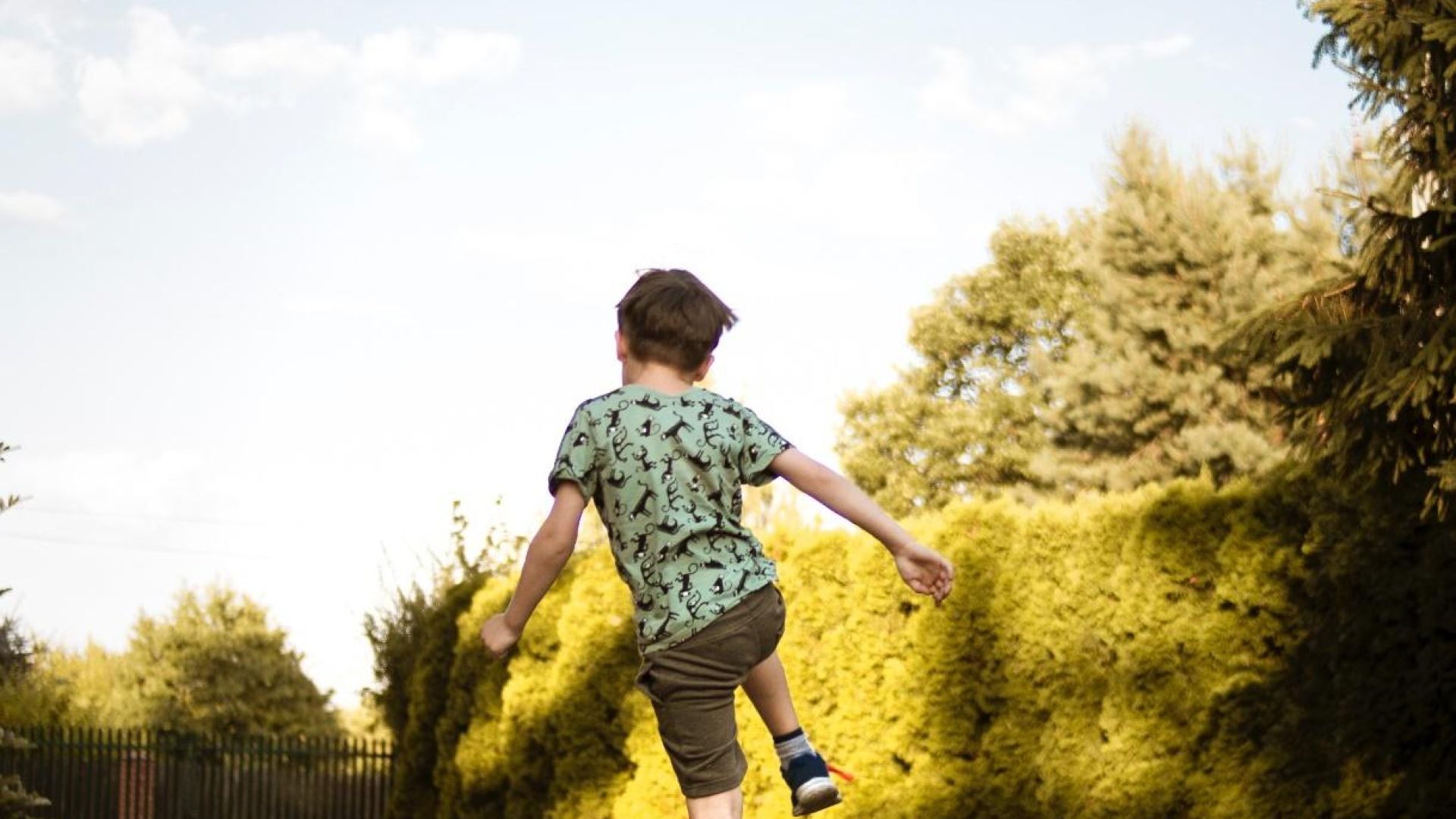For a family with young kids, summer means three things. The months-long break is forever synonymous with carefree days of sleeping in and waking up late and playing in the backyard all day.

But summer is also the season for ailments and conditions that crop up during the searing weather.
Don’t let them get in the way of your fun. Top hospital in the Philippines Makati Medical Center (MakatiMed), through its Department of Pediatrics, enumerates summer’s most common diseases among kids and how to prevent your little ones from getting them.
Skin conditions. Kids who stay out in the sun too long are bound to get one or both of these common skin conditions. “Prickly heat or bungang araw is an itchy and uncomfortable rash that develops when your sweat glands are blocked and sweat cannot rise to the surface of the skin to evaporate,” says Angelica Cecilia Tomas, MD of MakatiMed. “Adults get it, but children get it more because their sweat glands are still developing.” Apply calamine lotion or talcum powder to soothe the itchy, stinging sensation, and keep kids cool by changing them from sweaty clothes to loose, light-colored apparel.
While outdoor play and more movement is encouraged for kids, it’s important to be aware of the hours when sun exposure is more helpful than harmful. “Morning sunshine is still best for outdoor play. Ask your kids to take a break from playing (or play in a shaded area) when the sun’s rays are at their most intense—between 10 am to 4 pm—and have them hydrate regularly by drinking at least 8 glasses of water, “advises Dr. Tomas.
In case a child develops a painful sunburn, give him a cool bath or apply a cool compress to the sunburned area. “Applying aloe gel or topical moisturizer also helps relieve the burn.”
Food-and-water-borne diseases. “Food poisoning is the result of consuming spoiled food and drinks. It happens more often during summer because bacteria thrive in hot weather and multiply in warm, moist places,” says Dr. Tomas. Unsanitary food handling also adds to the risk of food contamination.
Upset stomach, vomiting, diarrhea and fever are telltale signs of someone who may have eaten spoiled food. If a child exhibits such symptoms, “give him or her plenty of fluids to prevent dehydration,” says Dr. Tomas. And prevent food poisoning from happening in the first place. Make sure the people who prepare the food observe sanitary practices by handwashing, cook food thoroughly and consume it immediately after it’s cooked, and serve and store them in clean containers. If anything looks, smells, or tastes funny, throw it away!
Measles. Otherwise known as tigdas, measles is a viral disease characterized by large, red flat blotches on the skin. The first signs of measles usually appear after 7-14 days after exposure to a person with the virus. Most common symptoms are high fever, cough, runny nose and red, watery eyes or conjunctivitis. The rash would appear after 3-5 days.
According to Dr. Tomas, “In the Philippines, cases of measles reach their peak in the summer months. “It’s an airborne disease, and when a child infected with the virus doesn’t cover his mouth when he sneezes, the infected droplets spread into the air, contaminating others.”
Vaccinations protect your kids from catching measles. “Ideally, the first dose should be given at 9 months, the second dose between the ages of 12 and 15 months, and the third dose between the ages of 4 and 6 years,” Dr. Tomas points out.
Sore eyes. Sore eyes (conjunctivitis) is spread when your child touches his eyes after getting in contact with things (like toys) containing the eye secretions of an infected person. It can also enter your child’s eyes while he’s swimming in a poorly chlorinated pool. Symptoms include redness in the eyes, a watery or pus-like discharge in the eyes, difficulty opening the eyes in the morning, and pain when the eyes are exposed to sunlight.
“If the conjunctivitis is viral and without complications, it can heal on its own within a week,” she explains. “But if it is bacterial and affects vision, see an ophthalmologist for proper assessment and medication.”
“Again, hygiene is the best way to prevent sore eyes,” says Dr. Tomas. “Wash your hands regularly, don’t rub your eyes when your hands are dirty, and do not share handkerchiefs and towels.”
For more information, please contact MakatiMed On-Call at +632.8888 8999, email mmc@makatimed.net.ph, or visit www.makatimed.net.ph.




